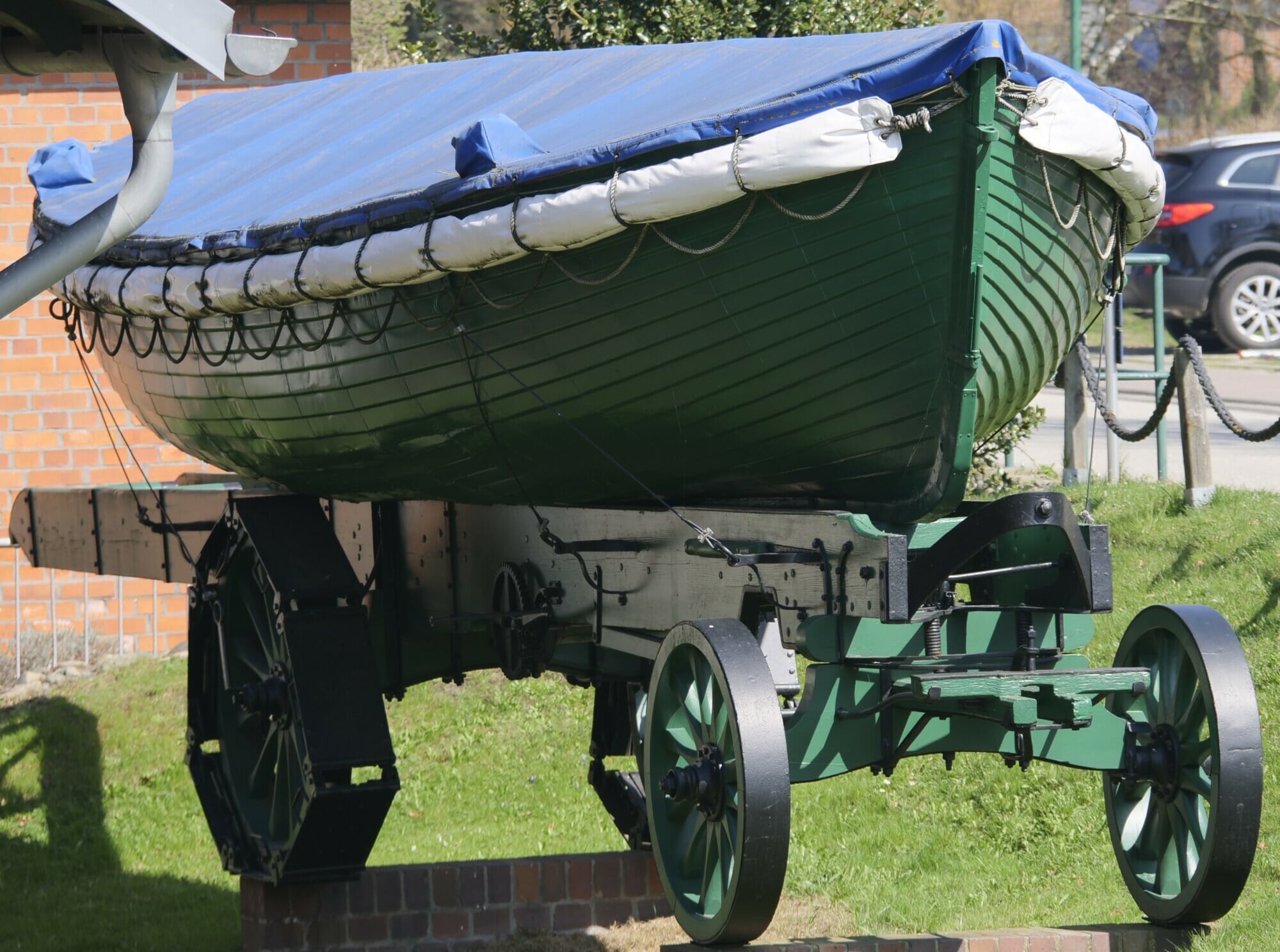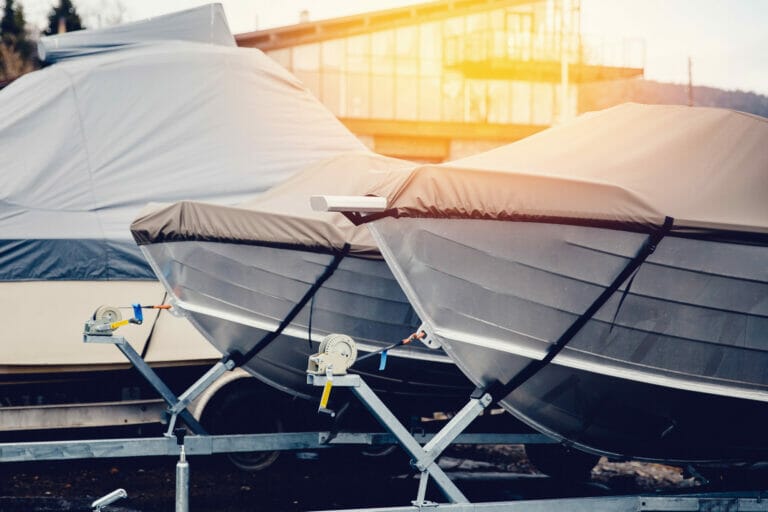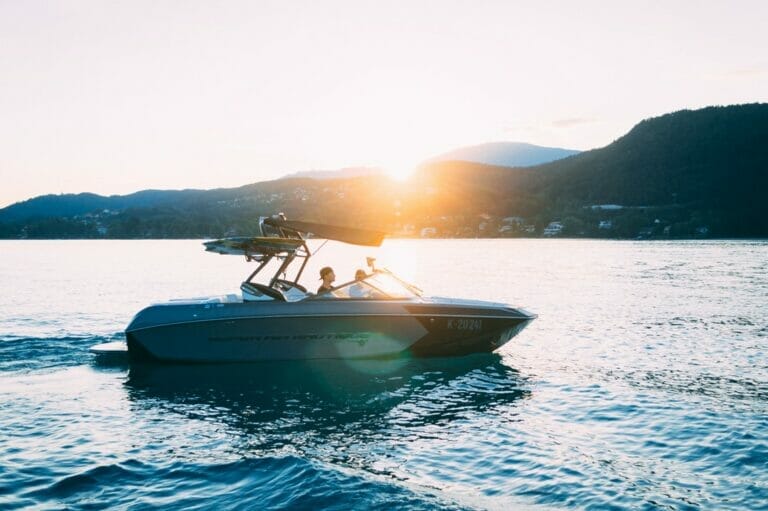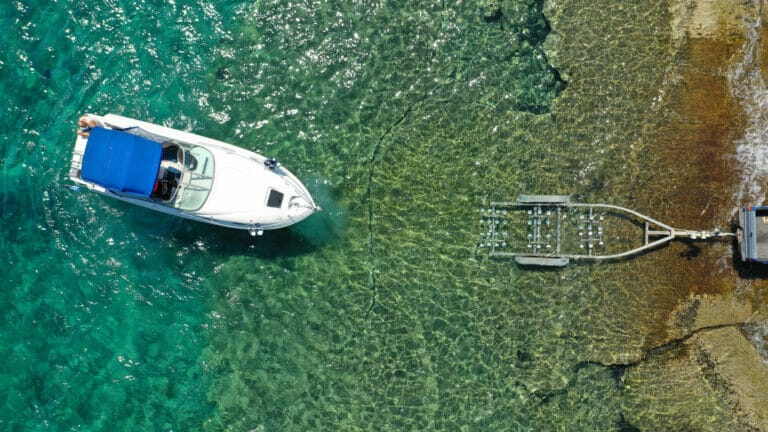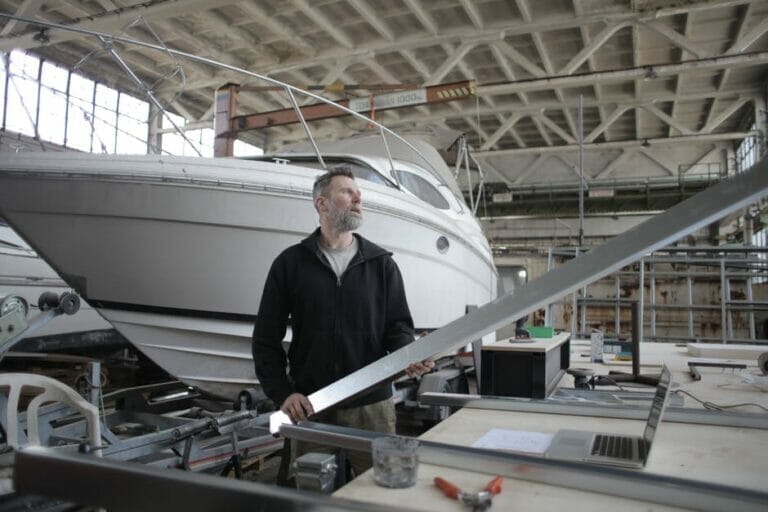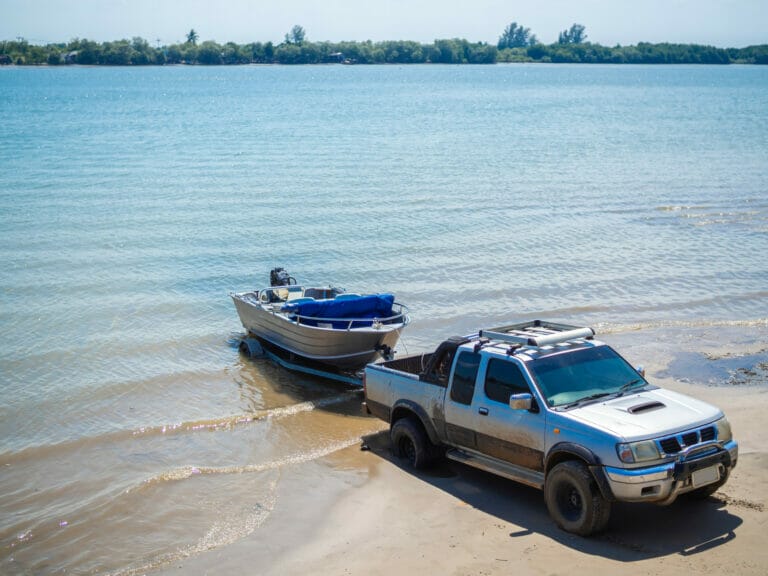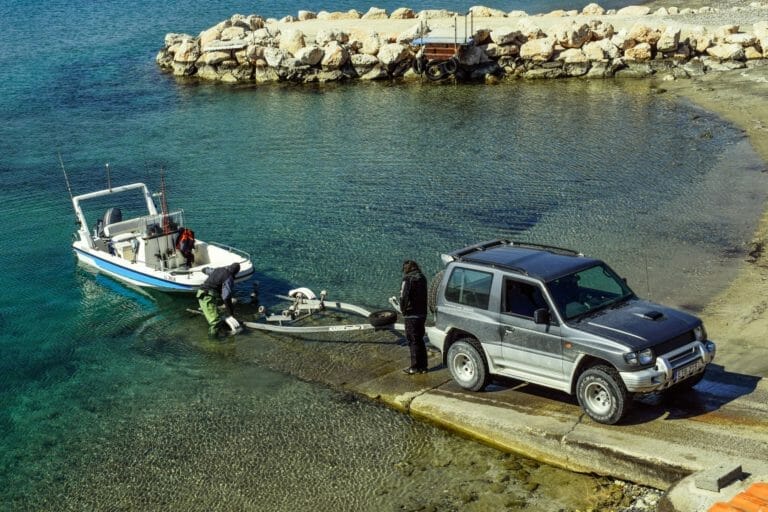How to Choose the Best Boat Trailers
Did you know that roughly 100 million Americans go boating every year?
This not only shows that boating is one of our favorite activities, but also that there are a lot of boat trailers on the market!
After all, getting a boat from land to water requires a boat trailer if you don’t have your own dock space.
Since your boat trailer is such an essential part of your boating journey, it’s important to know what to look for when searching for the best boat trailers.
Here’s what you need to consider before you dive in (pun intended) and make your purchase.
Trailer Frame Material
Choosing the right trailer frame is important, especially if you plan on saltwater boating. Salt or brackish water can corrode certain materials more easily than others, so it helps to choose a frame that will handle the elements.
The best boat trailers are manufactured out of two types of metals: aluminum and galvanized steel.
Galvanized steel has a higher resistance to erosion than raw steel or painted steel, but can still be prone to rust. It also weighs more than aluminum, which is an important factor to keep in mind when it comes to your tow vehicle capacity.
Aluminum boat trailers, on the other hand, are lightweight and very resistant to corrosion. While they may corrode over time, they will not rust like steel.
Not to mention, since aluminum trailers are lighter, they can also help you save on towing fuel. Big bonus!
Regardless of which type of material you prefer, it always helps to rinse your trailer with fresh water after a sea dip.
Weight Rating
A trailer shop or boat dealer will also help determine the gross trailer weight (GTW) of your trailer. The GTW is the combined weight of your boat and trailer, so you get a clearer idea of your weight capacity.
Another factor to consider is what the “wet” weight of your boat will be. The wet weight is your boat weight plus the weight of fuel, engines, equipment, and batteries.
Sometimes manufacturers will only list a dry weight capacity, so it is up to the owner to add on these extra weight factors.
Boat Trailer Axles
Leaf spring boat trailer axles have been the most widely used suspension systems in boat trailers for decades. They are known for their affordability and durability, and the fact that they are repair-friendly means less time dealing with boat trailer repair.
However, leaf spring suspension systems tend to be very bouncy even on open roads, and the metal design can cause extra wear.
Because of these issues, many manufacturers now prefer torsion axles. Torsion axles offer less bounce and allow your boat to ride lower to the ground, which enhances stability.
The reason it’s a good thing to reduce bounce is that bouncing puts higher pressure and friction on all other parts of your boat. Your bunk boards will feel the impact, and even the carpet or material covering the bunk boards may wear down faster!
Support System
Bunk boards are also important as a support system that your boat sits on. Because your boat will spend a lot of time resting on the bunk boards, you want to make sure they are constructed of quality materials.
Carpet can help protect your bunk boards from wear and tear. However, some bunk can be covered with other smooth materials like Teflon composites.
When it comes to the material the actual bunk is made out of, pressure-treated pine is the durable industry standard. Making sure the wood of your bunks is made to last can keep boat trailer repair to a minimum.
Winches
Trailer winches feature cables that are crucial to unloading and loading your boat safely and easily. Without a winch to handle the weight and bulk of your boat, you could easily end up in the boat trailer repair shop.
Ideally, you want a heavy-duty winch with positive fitting to keep your boat secure during transport. It also helps to have an adjustable winch with quick-release options to make loading and unloading faster and more efficient.
Quality Tongue Jack
A tongue jack allows you to raise and lower the front of your boat to hook and unhook it from your boat trailer. The type of tongue jack and its capacity will depend on the size of your potential trailer.
When you look for a tongue jack, it’s important to consider whether you’d like a manual or electric jack. Having a manual jack can require quite a bit of strength and physical capacity, while an electric jack is much easier to use.
As for types of jacks, single-wheel tongue jacks are typically standard for trailers with a capacity of less than 5,700 pounds. Dual-wheel tongue jacks will accept a larger capacity and are typically used for larger boats and trailers.
There are also foot tongue jacks available. These jacks have a foot instead of a wheel on the bottom. They are also used for larger trailers and boats.
The Best Boat Trailers: Custom Options
At Owens and Sons in St. Petersburg, we build custom boat trailers for a wide variety of boat types including sailboats, powerboats, wooden hulls, airboats, and more.
Our aluminum EZ loader boat trailers are tailored to your specific boat model and we work with world-class boat manufacturers to provide a wide range of custom tow options.
We also offer quality boat trailer parts and boat repair for all of your current and future needs.
Contact us here to get the best boat trailers customized for your boat.
